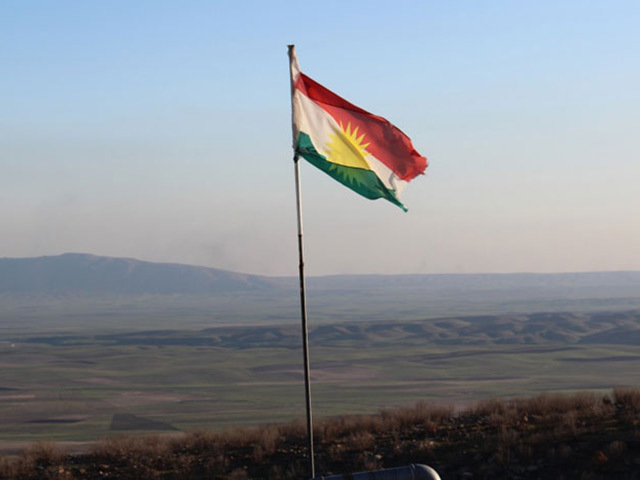
Repeated sabotage by “organised gangs” of the oil pipeline from northern Iraq to Turkey has cost the autonomous Kurdistan region $501 million since July 1, its ministry of natural resources said on Tuesday.
The flow of oil is currently suspended due to a theft attempt on the pipeline, which runs to the Turkish port of Ceyhan from fields in Iraq’s Kurdish north and Kirkuk.
The pipeline was previously idled for a week after being blown up by members of the Kurdistan Workers’ Party (PKK) in late July, when Turkey began bombing the outlawed group in northern Iraq.
The PKK later denied the attack had been ordered by its leadership, and said it would not target the pipeline.
But the Ministry of Natural Resources appeared to blame the PKK for the latest disruption, saying the “organised gangs” behind it were understood to have close links with the perpetrators of the July attack.
Although both Kurdish, the PKK has a strained relationship with the autonomous region, which has cultivated close ties with Turkey, particularly in the energy sector.
The ministry said oil exports were the Kurdistan region’s main means of survival and that the “hot-tapping” of the pipeline affected the ability of its peshmerga forces to fight Islamic State militants.
Lost revenue from July 1 to Aug. 17 amounted to $251 million, the ministry said, “in addition to $250 million damage to KRG finances caused by the explosion on the pipeline at the end of July”.
That meant the Kurdistan Regional Government, which is suffering an acute economic crisis, would struggle to pay civil servants’ salaries for June.
The ministry called on the assailants to stop targeting the pipeline and urged Turkey and pipeline operator Botas to increase their efforts to secure it.